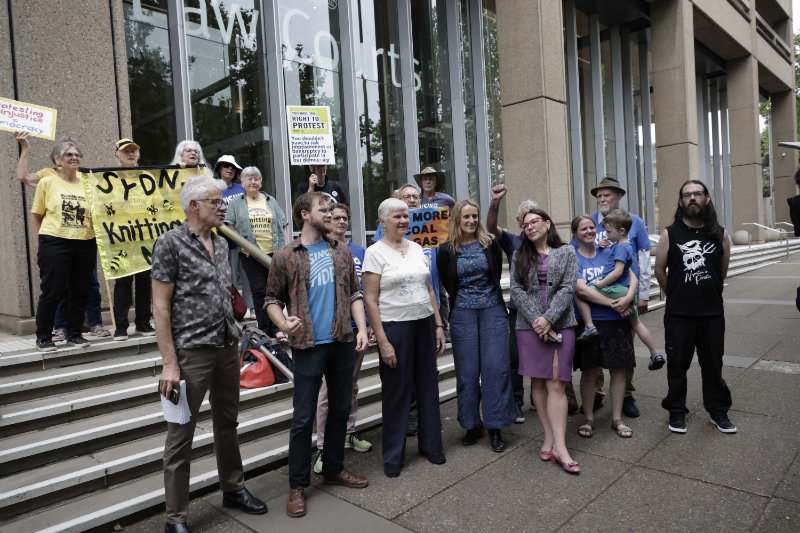Despite draconian anti-protest laws, the world’s biggest coal port was closed for four hours, 170 protestors were charged and climate demonstrations will continue. Wendy Bacon reports.
Newcastle port, the world’s biggest coal port, was closed for four hours on Sunday when hundreds of Rising Tide protesters in kayaks refused to leave its shipping channel.
Over two days of protest, 170 protesters have been charged. Some others who entered the channel were arrested but released without charge. Hundreds more took to the water in support.
Thousands on the beach chanted, danced and created a huge human sign demanding ‘no new coal and gas’ projects. Rising Tide is campaigning for a 78% tax on fossil fuel profits to be used for a “just transition” for workers and communities, including in the Hunter Valley where the Albanese government has approved three massive new coal mine extensions since 2022.
Labor’s hat-trick: three coal mine approvals in one day
Bleeding the 5,000 as protest size doubles
The NSW Labor government made two court attempts to block the protest from going ahead. But the ten day Rising Tide protest doubled in size from 2023 with 5000 people participating so far and more people arrested in civil disobedience actions than last year.
The ‘protestival’ continued in Newcastle on Monday and a new wave will start in Canberra at the Australian Parliament on Wednesday. Here Rising Tide will stage an overnight occupation of the lawn outside Parliament House and a demonstration at which they will demand to meet with Prime Minister Anthony Albanese.
News of the ‘protestival’ has spread around the world with campaigners in Rotterdam in The Netherlands blocking a coal train in solidarity with this year’s Rising Tide protest.
138 of those arrested have been charged under S214A of the NSW Crimes Act for disrupting a major facility, which carries up to two years in prison and $22,000 maximum fines. This section is part of the NSW government regime of ‘anti-protest’ laws designed to deter movements such as Rising Tide.
The rest of the protesters have been charged under the Marine Safety Act which police used against 109 protesters arrested last year. Even if found guilty, these people are likely to only receive minor penalties.Those arrested in 2023 mostly received small fines, good behaviour bonds and had no conviction recorded.
Executive gives bird to judiciary
The use of the Crimes Act will focus more attention on the anti-protest laws which the NSW government has been extending and strengthening in recent weeks. The NSW Supreme Court has already found the laws to be partly unconstitutional but despite huge opposition from civil society and human rights organisations, the NSW government has not reformed them.
Two protesters were targeted for special treatment: Naomi Hodgson, a key Rising Tide organiser, and Andrew George who has previous protest convictions.
George was led into court in handcuffs on Monday morning but was released on bail on condition that he not return to the port area. Hodgson also has a record of peaceful protest. She is one of the Rising Tide leaders who have always stressed the importance of safe and peaceful action.
The police prosecutor argued that she should remain in custody. The magistrate released her with the extraordinary requirement that she report to police daily and not go nearer than 2 kilometres from the port.
Planning for this year’s protest has been underway for 12 months with groups forming in Brisbane, Adelaide, Melbourne and the Northern Rivers as well as Newcastle. There was an intensive program of meetings and briefings of potential participants on the motivation for protesting, principles of civil disobedience and the experience of being arrested. Those who attended last year recruited a whole new cohort of protesters.
Last year, the NSW police authorised a protest involved a 48 hour blockade which protesters extended by two hours. Earlier this year, a similar application was made by Rising Tide. The first indication that the police would refuse to authorise a protest came earlier this month when the NSW police successfully applied to the NSW Supreme Court for the protest to be declared “an unauthorised protest.”
But Justice Desmond Fagan also made it clear that Rising Tide had a “responsible approach to on-water safety” and that he was not giving a direction that the protest should be terminated. Newcastle Council agreed that Rising Tide could camp at Horseshoe Bay.
Minns’ bid to crush protest
The Minns government showed that its goal was to crush the protest altogether when the Minister for Transport Jo Haylen declared a blanket 97 hour exclusion zone making it unlawful to enter the Hunter River mouth and beaches under the Marine Safety Act last week.
On Friday, Rising Tide organiser and 2020 Newcastle Young Citizen of the year, Alexa Stuart took successful action in the Supreme Court to have the exclusion zone declared an invalid use of power.
An hour before the exclusion zone was due to come into effect at 5 pm, the Rising Tide flotilla had been launched off Horseshoe Bay. At 4 pm, Supreme Court Justice Sarah McNaughton quashed the exclusion zone notice, declaring that it was an invalid use of power under the Marine Safety Act because the object of the Act is to facilitate events, not to stop them happening altogether.
When news of the judge’s decision reached the beach, a big cheer erupted. The drama-packed weekend was off to a good start.
Friday morning began with a First Nations welcome and speeches and a SchoolStrike4Climate protest. Kayakers held their position on the harbour with an overnight vigil on Friday night.
Midnight Oil performs
On Saturday, Midnight Oil front singer Peter Garrett, who served as Environment Minister in a previous Labor government, performed in support of Rising Tide protest. He expressed his concern about government overreach in policing protests, especially in the light of all the evidence of the impacts of climate change.
Ships continued to go through the channel, protected by the NSW police. When kayakers entered the channel while it was empty, nine were arrested.
84 year old great-gran not charged
By late Saturday, three had been charged and the other six were towed back to the beach. This included June Norman, an 84 year old great-grandmother from Queensland, who entered the shipping channel at least 6 times over the weekend in a peaceful acts of peaceful civil disobedience.

She told Michael West Media that she felt a duty to act to protect her own grandchildren and all other children due to a failure by the Albanese and other governments to take action on climate change. The police repeatedly declined to charge her.
On Sunday morning a decision was made for kayakers “to take the channel”. At about 10.15, a coal boat, turned away before entering the port.
Port closed, job done
Although the period of stoppage was shorter than last year, civil disobedience had now achieved what the authorised protest achieved last year. The port was officially closed and remained so for four hours. By now, 60 people had been charged and far more police resources expended than in 2023, including hours of police helicopters and drones.
On Sunday afternoon, hundreds of kayakers again occupied the channel. A ship was due. Now in a massive display of force involving scores of police in black rubber zodiacs, police on jet skis, and a huge police launch, kayakers were either arrested or herded back from the channel. When the channel was clear, a huge ship then came through the channel, signalling the reopening of the port.
On Monday night, ABC national news reported that protesters were within metres of the ship. MWM closely observed the events. When the ship began to move towards the harbour, all kayaks were inside the buoys marking the channel. Police occupied the area between the protesters and the ship. No kayaker moved forward.
A powerful visual message had been sent that the forces of the NSW state would be used to defend the interests of the big coal companies such as Whitehaven and Glencore rather than the NSW public.
By now police on horses were on the beach and watched as small squads of police marched through the crowd grabbing paddles. A little later this reporter was carrying a paddle through a car park well off the beach when a constable roughly seized it without warning from my hand.
When asked, Constable Pacey explained that I had breached the peace by being on water. I had not entered the water over the weekend.
Kids arrested too in mass civil disobedience
Those charged included 14 people under 18. After being released, they marched chanting back into the camp. 16 year old Newcastle student Niamh Cush told a crowd of fellow protesters before her arrest that as a young person, she would rather not be arrested but that the betrayal of the Albanese government left her with no choice.
“I’m here to voice the anger of my generation. The Albanese Government claims they’re taking climate change seriously but they are completely and utterly failing us by approving polluting new coal and gas mines.See you out on the water today to block the coal ships!”
Each of those who chose to get arrested has their own story. They include environmental scientists, engineers, TAFE teachers, students, nurses and doctors, hospitality and retail workers, designers and media workers, activists who have retired, unionists, a mediator and a coal miner.
They came from across Australia – more than 200 came from Adelaide alone – and from many different backgrounds.
Behind those arrested stand volunteer groups of legal observers, arrestee support, lawyers, community care workers and a media team. Beside them stand hundreds of other volunteers who have cleaned portaloos, prepared three meals a day, washed dishes, welcomed and registered participants, organised camping spots and acted as marshals at pedestrian crossings. Each and every one of them is playing an essential role in this campaign of mass civil disobedience.
Many participants said this huge collaborative effort is what inspired them and gave them hope, as much as did the protest itself.
Threat to democracy
Today, the President of NSW Civil Liberties Tim Roberts said, “Paddling a kayak in the Port of Newcastle is not an offence, people do it every day safely without hundreds of police officers. A decision was made to protect the safe passage of the vessels over the protection of people exercising their democratic rights to protest.
“We are living in extraordinary times. Our democracy will not irrevocably be damaged in one fell swoop – it will be a slow bleed, a death by a thousand tranches of repressive legislation, and by thousands of arrests of people standing up in defence of their civil liberties.”
Australian Institute research shows that most Australians agree with the Council for Civil Liberties – with 71% polled including a majority of all parties believing that the right to protest should be enshrined in Federal legislation, including a majority across all ages and political parties.
It is hard to avoid the conclusion that it is a fear of accelerating mass civil disobedience in the face of a climate crisis that frightens both the Federal and State government and the police.
As temperatures rise
Many of those protesting have already been directly affected by climbing temperatures in sweltering suburbs, raging bushfires and intense smoke, roaring floods and a loss of housing which has not been replaced, devastated forests, polluting coal mines and gas fields or rising seas in the Torres Strait in Northern Australia and Pacific Island countries.
Others have become profoundly concerned as they come to grips with climate science predictions and public health warnings.
In these circumstances and as long as governments continue to enable the fossil fuel industry by approving more coal and gas projects that will add to the climate crisis, the number of people who decide they are morally obliged to take civil disobedience action will grow.
Rather than being impressed by politicians who caste them as disrupters, they will heed the call of Pacific leaders who this week declared the Cop 29 talks to be a “catastrophic failure” exposing their people to “escalating risks”.
Wendy Bacon is a Rising Tide supporter
Draconian: South Australia just topped NSW, Tas, Victoria, Queensland with new laws penalising peaceful protesters
This post was originally published on Michael West.
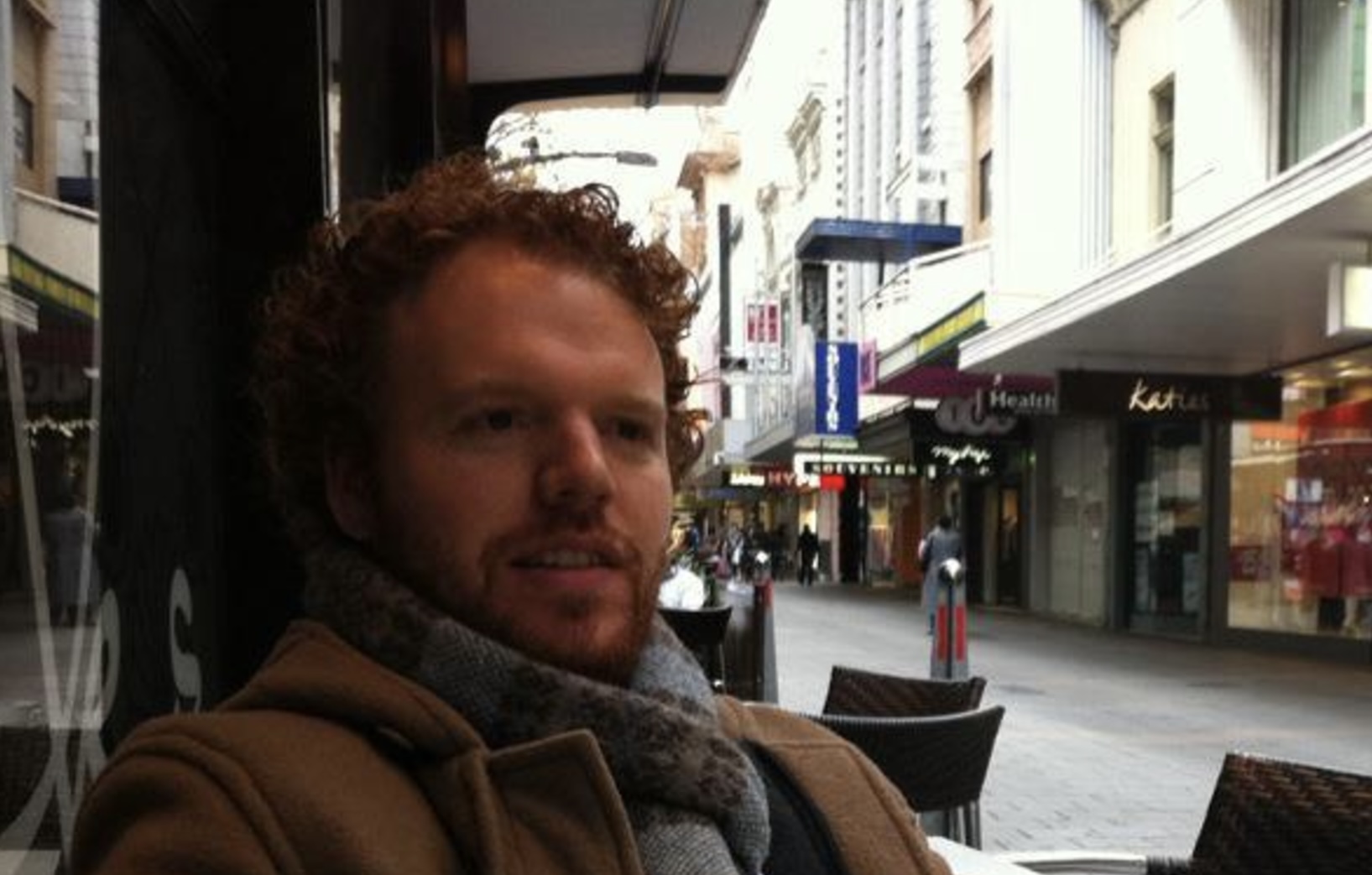

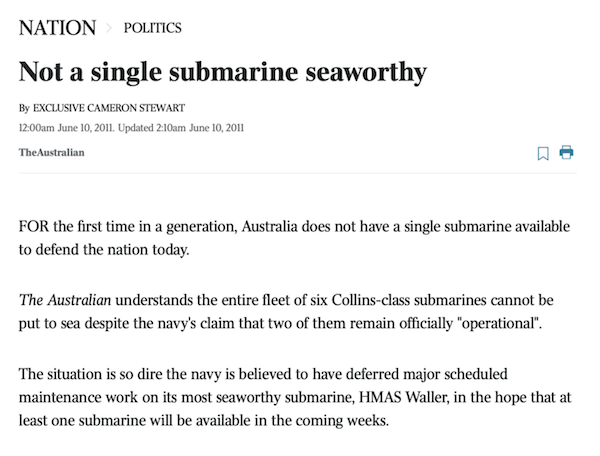
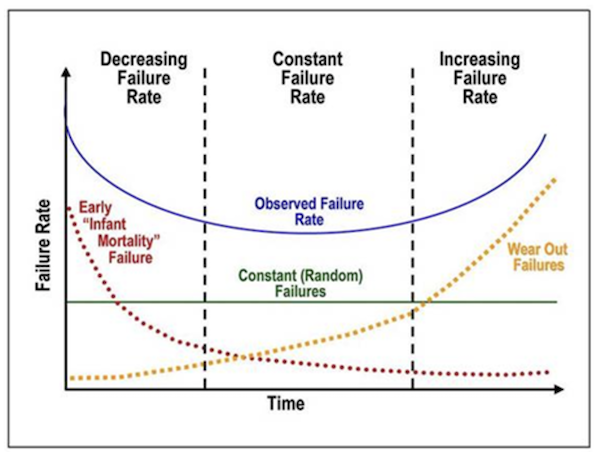

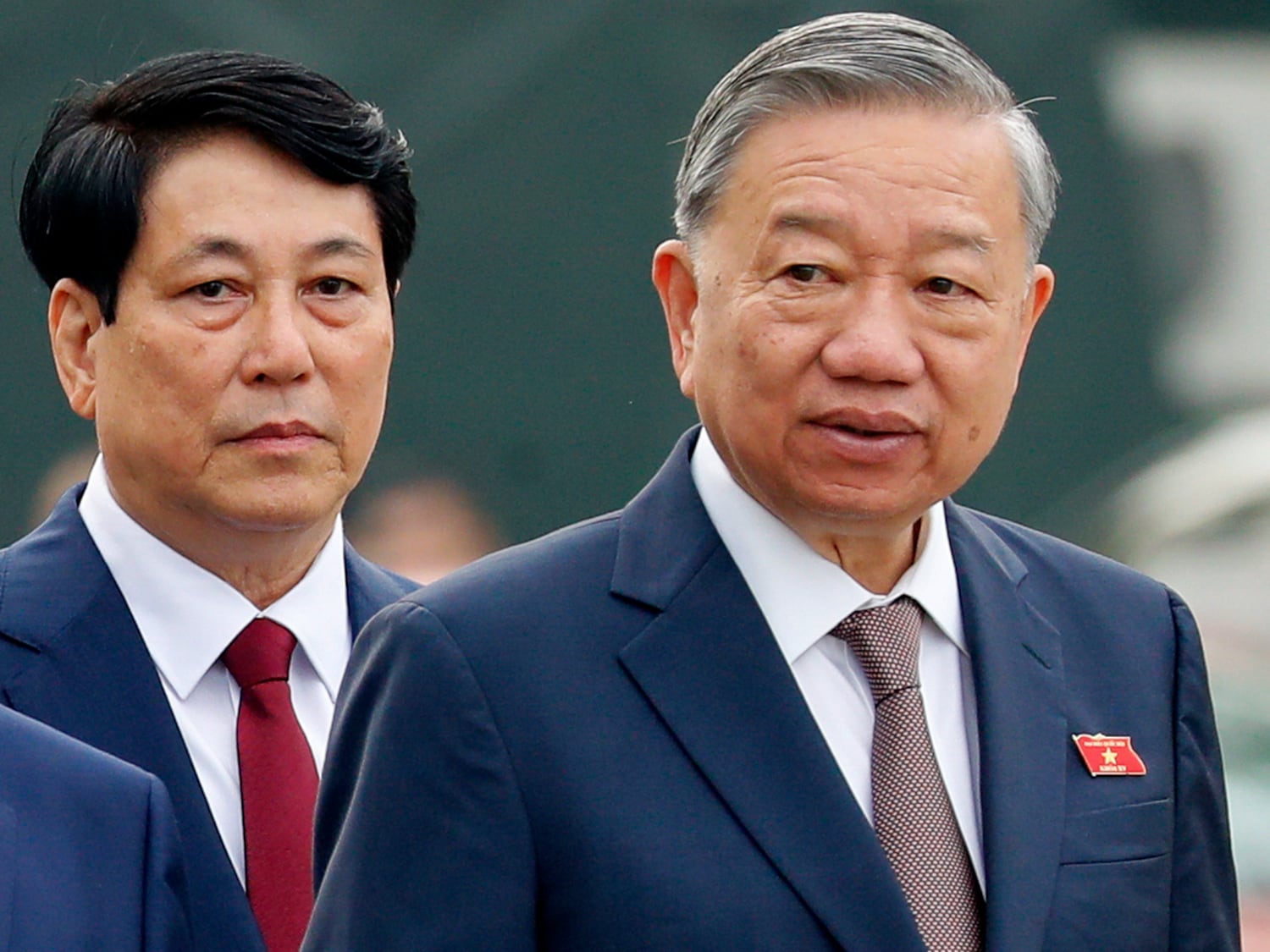




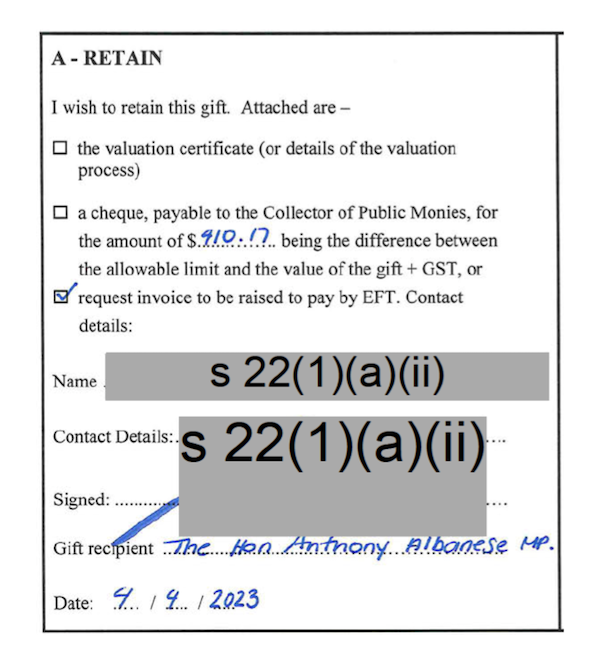
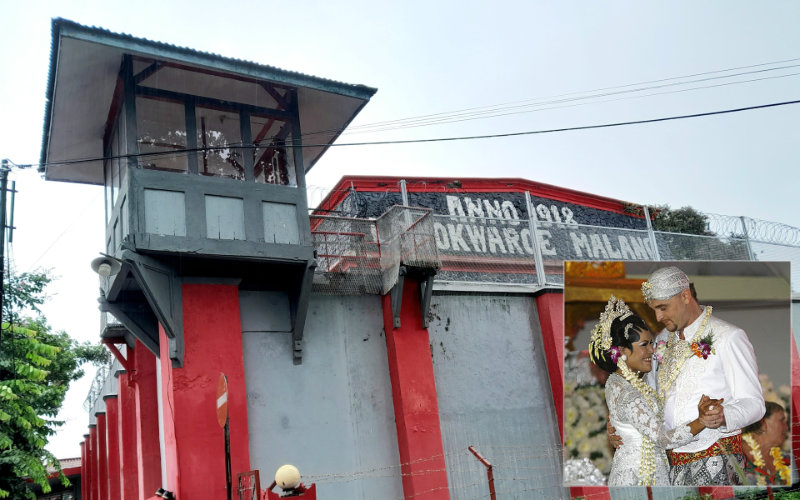















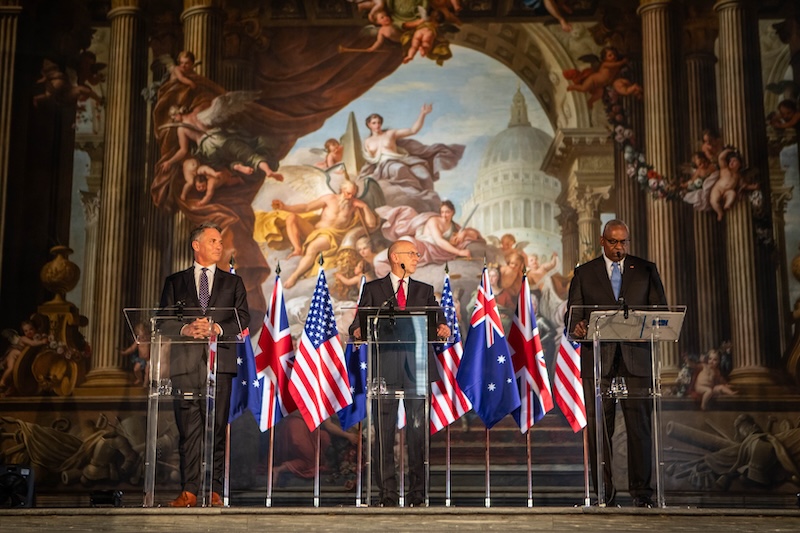


 Mr Prosser: But, Mr Dent, the plans have been available in the local planning office for the last nine months.
Mr Prosser: But, Mr Dent, the plans have been available in the local planning office for the last nine months.


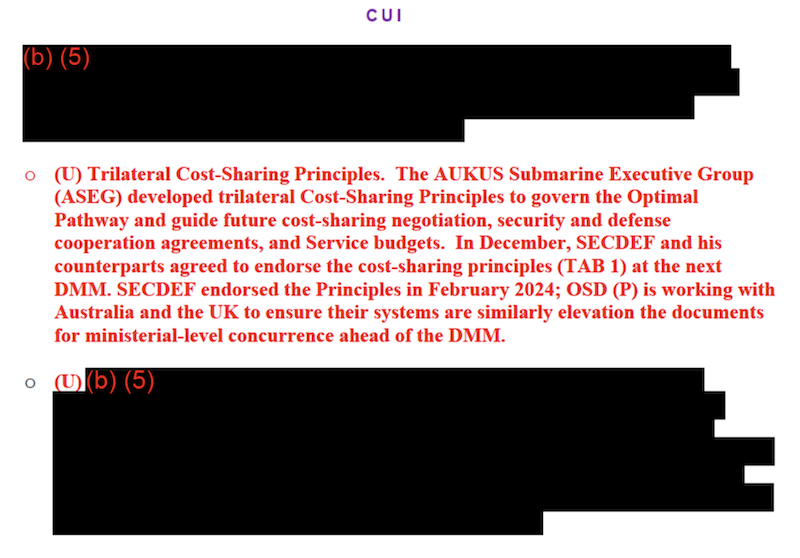

![australia-east-timor-a-tale-of-oil-and-exploitation-sharp[1]](https://michaelwest.com.au/wp-content/uploads/2024/11/australia-east-timor-a-tale-of-oil-and-exploitation-sharp1-e1731032780771.webp)
 Volume One of the Timor History took two years to write but became a hugely controversial affair when it then took three years to ‘clear’.
Volume One of the Timor History took two years to write but became a hugely controversial affair when it then took three years to ‘clear’.

